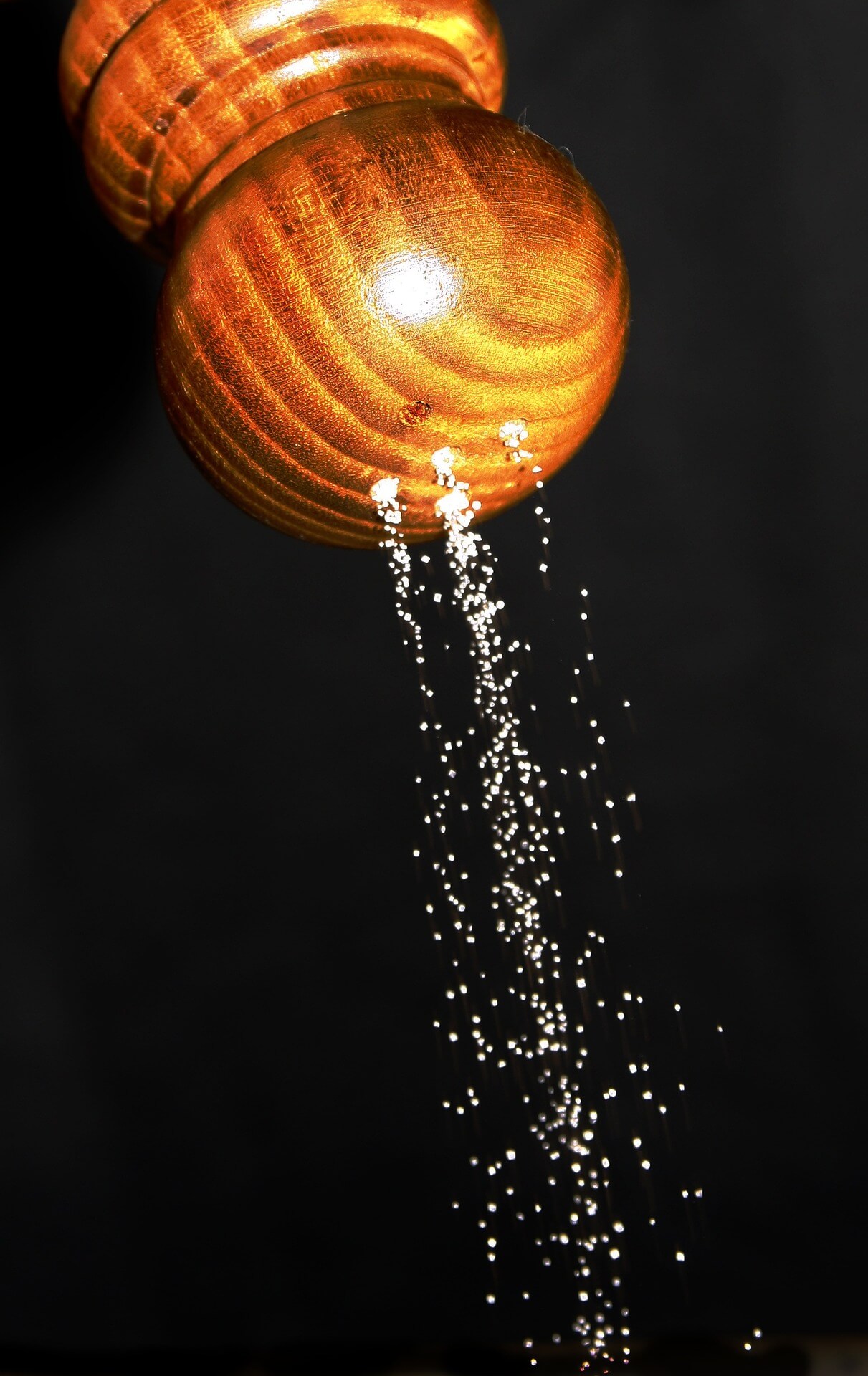8 Ways to Prevent Shin Splints
Shin splints are typically on of the most common injuries for both professional runners as well as weekend warriors. This pain in the front of the lower leg can come about for a variety of reasons. These include increasing your mileage too fast, running on hard surfaces, having improper running form, or running too much.
There are things that you can do to help treat shin splints if you get them like ice, massage, acupuncture, and chiropractic but it is better to focus on prevention rather than treatment.
Below are 8 different ways to prevent shin splints.
Run on softer surfaces
Running on hard surfaces such as concrete or blacktop can increase the impact and stress with each step. This often leads to an increased risk of injury, including shin splints. Whenever possible, try to run on softer surfaces such as a track, grass, or even a treadmill.
Ensure you have the proper running shoes
If you ask any serious runner, there is a special connection when you find the perfect running shoe. Using just any shoe, or not replacing your shoes every 300-400 miles, is inviting injuries. A lack of cushioning or support can lead the foot to move and have greater impact which is a scenario that can lead to shin splints.
Toe raises
Shin splints are often a result of weak muscles in the front of our lower leg, called the tibialis anterior (the tibia is the main bone in the lower leg and where the muscle connects). Since this muscle is responsible for flexing the foot upward, it plays a pivotal role in walking, climbing steps, and running. Toe raises are a simple exercise that help strengthen these muscles. They can be done at your desk at work or home. You can also do these exercises post run to help stretch out the calf. Perform either variation of the exercise 10-15 times per leg and slowly build up.
Calf stretch
The calf muscle is one of the main movers when we run, and can often become over developed and tight. This causes an imbalance in the leg and can lead to altered running mechanics. These can be performed on the ground or on a step for a greater stretch.
Running form
The way we run has a large impact on our bodies performance as well as chance of injury. Though running is a great activity for overall health and wellness, it can feel brutal at times. This is where running form comes into play. By taking into account the personal biomechanics of each person, running form helps the body get the best performance while reducing the impact and stress of each step.
Proper rest and recovery
Just like in every workout, a lot of the benefits occur on our off days. Running can increase muscle strength and endurance, reduce the heart rate, and improve cognition but only if you give it a chance to. Rest is vital to allow the body to recover from a run, including muscles, and keep you on top of your game. It is important to not run two days in a row if you are just starting off or have not been running in 3 months or more.
Don’t increase miles to quickly
Running can become addicting. The ‘runner’s high’, the ‘burn’ after a great run, and the feelings of accomplishment after setting a new personal record. These benefits can make you want to push yourself to do more and more miles each week which is great, to a point. A good rule to follow is to increase your miles 10% each week. This gives your muscles and body enough time to adjust to the new loads on it.
Seek chiropractic care
When beginning a new exercise program, including running, a visit to your chiropractor can be helpful. Since a good chiropractor will look at the way your body is supposed to move compared to how it currently does, they notice areas that might put you at an increased risk of injury, including the pelvis and low back not functioning correctly which can lead to an altered gait and plantar fasciitis. A chiropractor, and acupuncturist, are also great resources to help treat shin splints when they do happen.
Shin splints can last from a few days to a few weeks depending on the care and treatment. By following the tips above, you can safeguard yourself the best way possible and keep you running for many years to come!
Recommended Reading
Is Your Head Posture to Blame for Neck Pain
Is Your Head Posture to Blame for Neck Pain Screen time takes up more and more of our day. From computers to cell phones to in-car displays almost all screens [...]
What’s the deal with sea salt?
What's the Deal With Sea Salt? We have always heard that table salt can be bad for us. It has been said to increase cardiovascular risks by increasing the water content [...]
Ease Into Your New Year Fitness Resolution
Ease Into Your New Year Fitness Resolution The New Year is upon us, and with it comes the renewed motivation to get healthier and start exercising more. While physical exercise [...]




